report Introduction
1 Introduction
Along with the rapid development of information technology, a number of domestic cloud computing, database and other companies with developers as their core users/customers are growing rapidly. developer ecological marketing, developer relations, technology brands and exclusive groups such as developers Product promotion work is becoming an emerging position .
In this context, SegmentFault Research Institute launched the " 2021 China Developer Ecological Practitioner Status Survey Report ". We conduct research on the status quo of the developer ecology in China, to help developers in the ecology to better clarify the work content and goals, and to obtain career advancement, and also provide references for corporate managers who are or have established relevant departments.
This report integrates the observations and analysis of SegmentFault and industry-related research institutions, enterprise and business practitioners on the developer ecology and developer ecological marketers, and combines 891 accurate questionnaire data for domestic developers’ ecological marketers. Extensive analysis and summary of the current situation are carried out.
2. Research methods
1) Survey questionnaire and data analysis
- Scale: 891 valid questionnaires returned
- The survey covers the situation of enterprises and institutions, see the thank you at the end of the article
- For the list of enterprises and institutions covered in the survey, see the thank you at the end of the article
2) Interview with target audience
3) Expert interviews and business visits
Researcher portrait
1. Geographical distribution of respondents
This research report is mainly for developers in China. From the perspective of regional distribution, the number of users Beijing , Shenzhen , Hangzhou , 161d41f9513cb2 Shanghai The office locations of major cloud computing vendors are related. For example, Alibaba Cloud is mainly in Hangzhou, Huawei and Tencent Cloud are mainly in Shenzhen, and the Chinese headquarters of Baidu, Google, Intel, AWS and other companies are in Beijing.
Among them, Beijing accounts for more than 50% (56.57%), and most technology companies have branches/headquarters in Beijing.
In addition, we have seen the results of this survey show that Wuhan, Xi’an, Suzhou, Changsha, Qingdao, Nanjing and other have also begun to appear "developer ecology" related practitioners , reflecting the high-tech development of these cities.
2. Crowd portraits
1) Respondent’s position
This survey is mainly aimed at developer relations practitioners, most of whom are managers/senior managers in the company, accounting for 45.57%, followed by commissioners and directors/senior directors, accounting for 31.54% and 17.62%, respectively. The survey also covered senior managers of some companies and assistants who were new to the workplace, accounting for 3.14% and 2.13%, respectively.
2) Respondent’s age
In terms of age distribution, this survey covers all age groups from under 25 to 46 years old. Practitioners aged 26-35 have become the backbone of the developer ecosystem, accounting for the total number of people in this survey. 63.64%.
3) Gender of interviewee
From the perspective of gender distribution, the ratio of male to female developers in the ecology of developers is about 0.73:1.
Compared with the ratio of men and women in traditional market operations, the proportion of men is significantly higher; compared with the proportion of men and women in the technology industry/developer population, the proportion of women is significantly higher
4) Respondent’s work experience
In terms of working years, with 5 years of work as the demarcation point, users with less than 5 years of work experience accounted for 50.51% of the total number of people in this survey, and users with more than 5 years of work experience accounted for 49.49% of the total number of people in this survey. The number of parts is basically the same.
5) Respondents’ educational level
According to the survey results, developers in eco-practiceers generally have a relatively high level of education, 95.29% of users have a bachelor's degree or above, of which 2.13% have a doctoral degree. Only 4.71% of users have an education level of college or below.
3. Respondent’s company type
1) The customer group of the company where the respondent works
In all respondents, there 77.78% users consider themselves where the company's main business is to B, and 48.04% users consider themselves where the company's main business is to D, only 17.04 % users believe that their company’s main business is to C.
Under normal circumstances, to C business companies devote their energies on the developer's ecological construction, usually because product itself is for individual developers , or order to enhance the company's brand or technology employer brand .
Respondents of cloud computing and artificial intelligence companies usually define the company as B2B company, by providing software services for enterprises. They divided the developers into ordinary developers (university developers, individual developers, enterprise developers) and IT Pro .
- IT Pro usually refers to developers who have decision-making power in enterprise technology selection.
- Ordinary developers usually refer to enterprise technical personnel, university developers and individual independent developers who do development on the front line.
The enterprise developers can help them better use the product and enhance the product & brand reputation. Some companies also define ordinary developers as mid- to long-tail customers, believing that they can indirectly influence the company's technology selection.
To seize college developers has also become an important strategy for 2B companies in recent years. They hope to seize the minds of developers as soon as possible so that they can become loyal users of the brand, thereby influencing enterprise technology decisions in the future.
Individual independent developer Normally, it is not the key audience of 2B business enterprises.
The above three kinds of ordinary developers are the key targets of open source commercial companies, and they can become users and contributors of open source projects. Usually open source commercial companies will define the company's business as B2D .
In addition, there are also many companies that traditionally believe that the main business of 2B will also define the company as a 2D enterprise. For Developers, By Developers, in their view, the developer experience is more than everything. Therefore, the company's business 2D, 2B, or 2C? When the interviewee makes a choice, it is not only related to the company's actual main business, but also to the company's values and the interviewee's personal understanding of the business.
2) Corporate culture of the company where the respondent works
More than 50% of the respondents believe that their company’s corporate culture is the closest to technology-driven (50.28%), the customer’s first corporate culture is ranked second, accounting for 27.05%, and 18.86% of the respondents believe that their company’s corporate culture is The corporate culture is closest to the business drive.
When interviewees make choices, they are not only related to the corporate culture defined by the company, but also related to the corporate culture and values displayed in their actual implementation.
Practitioners' roles, positions, and organizational structure
1. Respondent's role in the company
1) The department of the developer relations team
Among the interviewees, 40.07% of the developer ecology practitioners belonged to the marketing department, 20.88% belonged to the operation department, 19.87% belonged to the independent developer ecology department , 13.58% belonged to the production and research department, and 2.36% belonged to The strategy department may provide advice directly to the CEO/CTO, and 3.25% of the respondents chose other.
2) Respondent’s job title
Open source technical experts, developer relations, evangelists, developer markets, developer operations, community operations, technical strategies, markets, community managers, technical content, technical experts, community managers, CMOs, event managers, brands, user growth, CTOs , Product marketing manager, product manager
2. Organizational structure of the respondent’s company
1) The number of respondents in the company
The results of the survey on the number of companies show that 40.18% of respondents have a company scale of 10,000 or more, followed by companies with a scale of 500-999 and 100-499, accounting for 25.48% and 13.58%, respectively. Respondents with less than 20 people in the company accounted for only 1.23%.
2) The number of the respondent’s company’s developer relations team
From the perspective of the number of developer relations teams, some companies currently have no full-time staff, or only one person is engaged in developer relations-related work, accounting for 7.96% of the total number of respondents. The company's developer relations team has the largest number of respondents with more than 50 people, accounting for 36.14%.
3) Summary
Comparing the above data, we can find:
There are no full-time staff, or only 1 person is engaged in developer relationship-related work, accounting for 7.96% of the total number of respondents; companies with a total number of less than 100 people, accounting for 8.64% of the total number of respondents.
The company's developer relations team has more than 50 people, accounting for 36.14% of the total number of people interviewed; companies with more than 10,000 people, accounting for 40.18% of the total number of people interviewed.
number of developer relations team is positively correlated with company size .
The two options with a developer relations team of more than 50 people and a company with a total of more than 10,000 people accounted for the highest proportion of the respondents. It can be seen that head cloud computing companies, well-known foreign companies and other "big factories", is still the mainstream force in the developer ecosystem.
3. Industry views
Respondents think it is necessary for companies to set up an independent developer relations department?
In this survey, 85.86% of respondents believe that an independent developer ecology/relationship department is necessary, and a small number of respondents believe that it is not necessary.
Interviewee's daily work analysis
1. Performance appraisal and work objectives
1) Respondents’ performance appraisal and work goals
The research topic for the work objectives of practitioners is a multiple choice question. , indicating that the company has more diverse work evaluation indicators for developers and ecological practitioners, and the average person undertakes 4.41 work objectives .
Among the various work indicators, more than half of the interviewees’ work goals include developer/technical brand influence, the organization and participation of developer activities.
More than one-third of the respondents’ work goals include developer user growth (community registered users, product users, product new purchase users), self-owned website/developer community traffic situation, third-party community users/developers User/industry brand reputation (developer relationship).
related to the sales of products (providing sales leads, responsible for operating income/market share, customer/user satisfaction and repurchase/renewal rates) are not the main work objectives of the developer ecology practitioners. The proportions are all less than 1/3.
In addition, only 10.55 percent of the respondents’ work goals include assist the product development department in product iteration . As the department that deals with developers and users on the front line, the survey results are lower than our expectations, and it may be Because this work is more difficult to quantify and be evaluated as a key result.
2) Industry viewpoint: What do you think should be the most important work indicators for developers in the ecosystem?
This question is a single-choice question, and the interviewee is asked to choose the only core indicator that developers should pay attention to in their minds.
The survey results show that generally recognizes the work goals of user growth and technology brands the most, and the recognition of various work goals related to operating income is low .
3) Summary and comparison
Comparing the actual work evaluation indicators of the developer ecology practitioners and the only core indicators that the interviewees should pay attention to, it can be found that:
- Work goals related to user growth and technology brands are highly by companies and recognized by respondents 161d41f95144e3;
- The work goals related to operating income are less valued by the company and recognized by the interviewees. Developer relations practitioners should not directly corporate revenue target 161d41f9514528;
- The two survey results have very different options:
- Assisting the product R&D department in product iterative optimization has not yet been regarded as the main work result and performance appraisal content, but the respondents have a high degree of recognition. Developer Relations Practitioners are the departments that deal with developers on the front line. Enterprises should pay more attention to their linkage with the production and research departments, and promote product iteration optimization .
- The organization and participation of developer activities are highly valued by companies, but the respondents' recognition is low. On the one hand, the activity itself should not be used as a work goal. The follow-up impact brought about by the activity (such as technological brand enhancement, developer user growth) should be the correct work goal; in addition, the relatively low proportion of individual choices can also be explained The importance of the only choice is lower.
2. The main work content of the interviewee
1) The main means used by the interviewee to achieve work goals (specific work content)
The survey topic for the specific work content of the practitioner is a multiple choice question. A total of 4284 work objectives were selected from the 891 valid questionnaires, indicating that the interviewees have more ways to achieve work objectives, and each person is responsible for 4.81 work content.
In various tasks, more than 50% of respondents indicated that they would achieve work targets through online and offline event planning and organization, advertising and media cooperation.
More than 1/3 of the respondents are in charge of community/community operations, event marketing planning, technical content creation and dissemination, customer case packaging and dissemination, etc.
3. Respondents' budget management
1) The scope of the annual budget
Budget investment plays a very important role in the development of the developer ecology, and it also reflects the degree of importance enterprises attach to the developer ecology. The survey results show that 54.55% of the respondents said that their department’s annual marketing budget for developers exceeds 1 million yuan.
Generally speaking, as the scale of the enterprise expands, the marketing budget will also increase. Within the same company, the range of the developer relations team budget for different product lines will vary.
Among respondents whose annual marketing budget is greater than 1 million yuan, 22.22% have marketing budgets of 1.01-3 million yuan, 3.0-5 million yuan, 5.0-10 million yuan, 1001-120 million yuan, and 50.01 million yuan or more. 15.38%, 9.65%, 5.27%, 2.02%. The higher the budget range, the lower the proportion of respondents, which shows that marketing budgets are often in the hands of fewer people.
Guess which company the 18 respondents who chose 50.01 million yuan and above came from?
2) Budget distribution
This is a multi-selectable research topic, with an average of 3.67 budget expenditure directions selected per capita. Among them, more than 50% of the respondents said that the current marketing budget is mainly used for the organization of online and offline activities; more than 1/3 of the respondents said that the current marketing budget is mainly used for marketing material production/external content cooperation, marketing Printing and production of materials, user incentives, soft/hard advertising and media resource procurement; less than 30% of users choose to use their budgets for industry research, purchase marketing tools, and customer training. This research result is also related to the higher rigid cost of event organization and marketing material production.
4. Respondents' use of marketing tools
1) The types of marketing tools that respondents often use daily
In the selection of commonly used marketing tools (multiple choices), the options are relatively even. At the top of the list are marketing materials production tools such as H5/posters. In the question of job difficulties, some interviewees also said that the company is short of design resources. It can be seen that the use of "zero-based mapping tools" to produce marketing materials has become one of the necessary skills for developers and market operators.
2) Examples of commonly used tools by respondents
In the question please list the developer marketing tools you use most frequently, the following tools are mentioned the most times
5. Interviewee's internal and external collaboration
1) Which department does the respondent collaborate most with in their daily work?
The survey results show that there is more collaboration between developer ecology practitioners and production and research departments, and this result is not surprising. The iterative optimization of products requires developer operators to sort out and feedback the opinions of front-line developers and users. The technical activities organized by developer operators and Meetup are also inseparable from the cooperation of the production and research team.
In addition, the interviewees have more cooperation with marketing, sales, and business teams, such as co-organizing online and offline events to provide sales/business teams with sales leads.
2) The length of time the respondent spends in meetings each week
The survey results show that 17.51% of respondents have meetings for more than 10 hours per week, and 28.51% of respondents have meetings for 5-10 hours per week, that is, 46.02% of respondents have meetings on average per day. More than hours. In addition, 53.98% of users have an average daily meeting length of less than 1 hour.
3) Will the interviewee interact directly with the developer? What is the frequency?
Developer relations/operators are the bridge linking various departments within the enterprise and front-line developer users. The survey results show that about 25.25% of respondents communicate with developers every day, and a total of 67% of respondents communicate with developers more than once a week.
However, 33% of respondents still failed to maintain high-frequency communication with first-line developers and users, perhaps due to their company's organizational structure and division of labor.
But we believe that from the company’s organizational structure, division of labor, and work content planning, should require close communication between developer eco-practitioners and developers .
4) Will the respondent interact directly with the customer? What is the frequency?
More than half (54.43%) of the interviewees communicated with customers less than once per week, which shows that customer relations and after-sales support are not the main tasks of developer operators. Another 45.57% of respondents may also include some companies whose main business is 2C business, and customers are developers.
5) Will you be invited to participate in company product/business strategy meetings?
"Developers gain the world", developer strategy is very important for technology-based companies, and it also has a certain impact on the company's product/business strategy. 77.66% of respondents said they would/occasionally be invited to participate in company products /Business strategy meeting.
6. Challenges in the interviewee's daily work
1) Challenges in the interviewee’s daily work
There are more than a third of respondents said their daily work challenges mainly from the not match the spread of the budget and objectives , of product technology lack of systematic understanding , business goals change frequently , and developers lack of understanding .
The mismatch between the communication budget and the goal occupies the first place, 41.53% of the respondents chose this option; the second is the lack of systematic understanding of product technology and frequent changes in business goals, accounting for 38.38% respectively; 34.57% of the respondents Respondents expressed a lack of understanding of developers. 29.52% of the respondents indicated that the assessment pressure indicators were relatively large, 21.44% of the respondents indicated that the marketing and creative capabilities were insufficient, and less than 10% of the respondents indicated that the supplier’s service quality was insufficient. Or there are other challenges.
2) The core pain points of the interviewee's work
Regarding the core pain points of our work, we interviewed several relevant practitioners anonymously. Among them were the head of the developer community of the "big factory" and the open source community manager of small and medium-sized enterprises——
- The company cannot correctly view the relationship between developer relations work and the company's revenue growth. The pursuit of short-term returns has led to unstable developer strategies and inability to make long-term investment. The community investment has been abandoned after two or three years, and the previous efforts have been in vain.
- The company only pursues the growth of the number of registered users of developers, does not pursue user quality, lacks a diversified evaluation system, and does not receive recognition for its work.
- The team members mainly have a professional background in market operations, and are not familiar with the company's product technology, and do not understand the needs of developers.
Respondents’ acceptance analysis
1. Is the interviewee's work understood or recognized by other departments?
The majority of respondents (83.84%) represents the work can be understood by other departments or recognized, but still 16.16 percent of respondents said there is some misunderstanding or communication barriers between departments and other , which is completely understandable accounting 0.67%.
Developer ecological marketing, developer relations, technology brands, and product promotion for exclusive groups of developers, as an emerging position, may have tasks that are difficult to disassemble, quantify, and are not understood and recognized in the early stage, and lack of Diversified evaluation system .
Taking open source projects as an example, some domestic commercial companies are overly pursuing the number of stars, but his "developer activity" is given in "GitHub 2020 Digital Insight Report" The calculation formula, the number of stars in open source projects does not reflect the activity of developers, and should not be the main work goal of open source community managers.
The operation of enterprise developers also lacks objective and comprehensive evaluation indicators to help other departments and company leaders and decision-makers better understand the work of developer operations.
2. The influence of the interviewee's position
Regarding the influence of the interviewee's position on the company's strategy, product strategy and development and the degree of internal attention, the interviewee gave an average feedback of 6.7
Practitioner Career Development
1. Respondent's past professional experience
1) Respondents’ past professional experience
With the development of cloud computing and artificial intelligence, more and more people are joining the developer operations. Most of them are transferred from other positions and have rich work experience.
- Among them, 54.10% of the respondents were previously engaged in marketing (marketing, public relations media, events, exhibitions, advertising, etc.), ranking first;
- 93% of respondents were previously engaged in operations (products/users/content/data/community operations), ranking second;
- In addition, 9.20% of the respondents had previously worked in sales, 6.06% of the respondents had previously worked in the production and research department, and 2.13% of the respondents had no previous experience in other positions.
2) Reasons for the respondent to adjust their work
Under what circumstances would consider adjusting the research work, the 891 valid questionnaires were selected option 2397, per capita chose 2.69 quit reason .
More than half of the interviewees said that they would like to adjust their work when their personal abilities cannot be fully utilized and they disagree with the development prospects of the company/product line, accounting for 65.43% and 52.75% of the total number of respondents respectively. . The development of the company/product line and personal development complement each other, and the mutual achievement of business and individuals. It can be seen vast majority of interviewees value the personal development space most.
Among the factors that the interviewees consider to adjust their work, more than 1/3 of the interviewees said that when they are dissatisfied with salary, lack of work enthusiasm or lack of management leadership, they will consider adjusting their work, accounting for the total number of interviewees. 49.61%, 37.93%, 33.78%. 29.52% of respondents said that they would consider new job opportunities because of a lack of voice and business involvement.
3) The average frequency of job-hopping among developers
In terms of the frequency of job hopping, the average number of job hopping for respondents who have worked for 1 to 3 years is 1.26; for respondents who have worked for 3 to 5 years, the average number of job hopping is 1.76; for respondents who have worked for 5 to 10 years, the average number of job hopping The number of times was 2.30; the average number of job-hopping times for respondents over 10 years was 3.27.
2. Respondent's career development plan
1) Respondents’ satisfaction with their current job
2) The interviewee's career development plan for the next two years
From the perspective of career planning in the next two years, 78.68% of users expressed their desire to continue to strive for improvement in their current positions, which shows that practitioners in this industry generally have a strong drive to forge ahead.
11.56% of users said they were satisfied with the status quo, and 9.76% of users planned to change their career direction, which may be related to the higher requirements for technical understanding in this position.
3) Respondents consider the most important abilities of relevant practitioners
The posts related to the developer ecology have high requirements for technical understanding. Therefore, in this survey, “ has a high degree of product understanding ” ranked first, with 23.46% of respondents taking this ability as a developer The most important ability of ecological practitioners.
In addition, more than 10% of users believe that creativity and problem-solving skills, marketing planning and brand communication skills, a high degree of brand understanding, collaboration with colleagues, and cross-departmental collaboration capabilities are also important, 11.34% and 11.34% respectively , 10.44%, 10.44% of the respondents chose these four abilities.
Although it is generally believed that this position has certain requirements for technology, the option "Have a technology/science and engineering background" as the single most important ability is not chosen much, accounting for only 9.54% of all respondents.
The respondents who chose empathy and communication skills with customers, content output and copywriting skills were both less than 5%, accounting for 4.71% and 1.01%.
4) How do respondents improve their personal skills
The survey shows that following industry media, WeChat official accounts, following the industry, learning from peer marketing plans, maintaining cooperative relationships with communities/media, and participating in training/salons/forums are all common methods for developers to improve their personal skills. More than 1/3 of the respondents chose the options.
We interviewed 20 relevant practitioners anonymously and they stated:
- I will pay attention to technical media such as SegmentFault, InfoQ, and CSDN on a daily basis. On the one hand, I understand technical information, and on the other hand, I can follow industry trends and peer dynamics through technical media.
- When formulating annual budgets or planning major marketing events, we will pay close attention to industry trends and learn from industry cases.
- Will often visit the technical community or the media, they understand developers better, and can give professional advice on developer operations and marketing activities.
- At present, there are very few activities for developers and eco-practitioners in the market. Participating in training/salon/forums usually refers to participating in the activities of peers and technology in the industry. The China Developer Ecological Summit is a rare industry event.
5) Career development suggestions for developers and eco-practitioners
The digital age is the best age for developers, and it is also the golden age for developers in the ecosystem. The road ahead is good, but the road is not smooth. On the one hand, the continuous innovation of technology requires developers to continue to learn by themselves; on the other hand, to allow developers to recognize the long-term value of the company, practitioners need to straighten out complex relationships, coordinate and even lead different departments of the company to achieve users The scale of growth and the expansion of technological influence. The developer experience for more than a year has not only made me feel the bright prospects, but also the difficulty of the road.
—— Meng Jinyu, Head of Developer Relations of
The core of building a "Developer Ecosystem" is to empower developers to use software to solve user problems. As a practitioner of "Developer Ecology", I often remind myself the following three questions:
1) Do our products serve as a link in the supply chain and continue to provide end users with "use value"
2) Does our service continuously improve the developer experience and help developers achieve "commercial value"
3) Does our strategy align with corporate goals and help companies realize their "vision and mission"
The road is long and long, and I hope to encourage each other with the "Developer Eco-Partner".
—— Huang Jijia, Head of Developer Market of Google Platform Ecological Business Group
In this era when open source concepts are slowly accepted by everyone, the career of developer operations or DevRel is very promising. First of all, the professionalism of this position is not low. It requires you to understand the preferences of the developers, the development of technology, the knowledge of marketing, and even the ability to write code. Judging from the fact that domestic open source projects are increasingly recognized by capital, the current reserve of open source operating talents in the market is far from enough, so it can be said that the career prospects are broad. I am studying myself, but I have also read a few books. In my humble opinion, I recommend two books "The Cathedral and the Bazaar" and "The Art of Community Operation" to everyone.
—— Yao Wei, General Manager of
Please learn: The life cycle of technology update is 2.5-5 years, and you must constantly update your understanding and cognition of technology. This point can be kept at the same frequency as engineers;
Please be curious: a more diversified and open understanding of the relationship between the community and the community, the core of other people’s products, don’t be confined to the vision of your own products and the industry, and be sensitive to the periphery;
Please value your own experience: Don’t think that what you have learned in the current community is “insignificant” or that you feel “not copyable”. There is no small matter in the community, and there is very little "uniqueness" in operation. The entire technology community ecology is in the process of evolution. You rarely see the value of "feeling" in the current repetitive work, and it is also difficult to predict whether the personalization of the community you currently operate will be the mainstream in the future. But please cherish and think about summing up all experiences. One day you will understand that everything in the past is a prologue.
—— Yuan Yuan, General Manager of Agora Community Ecology
I have always believed that there are two ways to be a developer ecosystem, one is to stand on the side and the other is to be in it. I always recommend that you should be in the community and feel the pulse of the community firsthand to do a good job in ecological operation. The added benefit of being in the community is to expand contacts and make friends, and the career development path will be wider and wider in the future.
—— Zhuang Biaowei, Huawei Cloud Product Expert, Chairman of the Open Source Society
Classmates, if you choose to engage in the career development direction of developer operations, then congratulations, have a foresight!
This is a profession that requires very high comprehensive capabilities. It requires knowledge of the market and fine operations, as well as knowledge of product technology. The threshold for truly doing a good job is very high. Such talents are also scarce in the industry.
Of course, the challenges are also great, and I will give you suggestions for strengthening your abilities:
1. Consolidate the foundation of product operation;
2. Build marketing thinking;
3. Improve the strategic perspective, and do community operations from the perspective of technological ecology.
At the same time, the most important thing is to be willing to settle down to understand technology and business, like to deal with developers, and be proud of empowering others.
developer market, former head of Apollo developer community 161d41f95154b7
The improvement of vocational skills is actually difficult to "overtake on corners" and requires more solid thinking and more practice. I personally hope that the developer market operators can have more love, be willing to be active and contribute in the community in their spare time, and maintain close communication with developers at work. I personally participated in a lot of work in the open source community during my non-working hours, and also contributed to a better understanding of open source, which is of great help to my daily work.
From the perspective of career development, in addition to solid work, everyone must also learn to "manage upwards." From the survey results, many interviewees said that the company's developer strategy is unstable, business goals change frequently, and goals and budgets do not match. It is also an essential skill for everyone in the workplace to win more resources to achieve work goals.
—— Jiang Bo, COO partner of SegmentFault, Deputy CEO of Kaiyuan Society
3. The company with the best developer ecology in the eyes of practitioners
end
1. Contact us
If you have any questions, suggestions or comments on the content of this survey, please contact us through the following channels:
Website: https://segmentfault.com/
Email:research@sifou.com
Weibo: SegmentFault
WeChat public account: SegmentFault
WeChat Official Account: Developer Ecology
LinkedIn:https://www.linkedin.com/company/segmentfault/
Twitter:https://twitter.com/segment_fault
Facebook:https://www.facebook.com/OfficialSegmentFault
2. Authors and contributors
Producer
SegmentFault, the leading new generation developer community and technology ecological service platform in China.
Authors and contributors
content planning: Jiang Bo, COO partner of SegmentFault, Deputy CEO of Kaiyuan Society, initiator of China Developer Ecological Alliance
Content Jiang Bo, Zhu Yadi
visual design: He Jinghui
Xu Lin, Xing Yun, Guo Lulu, Liu Yuan, and Wang Shang also contributed to this survey.
3. Acknowledgements
4. Report download
For the complete report content, please follow the WeChat public [Developer Ecology]

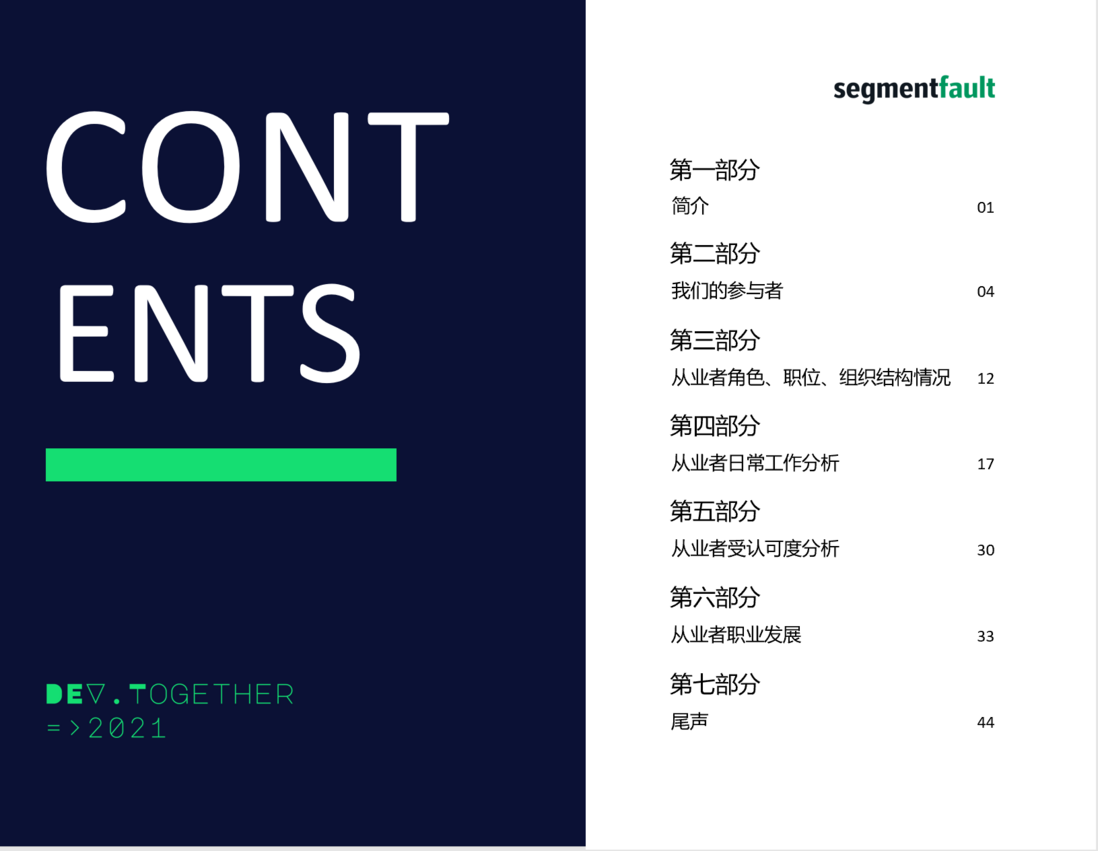
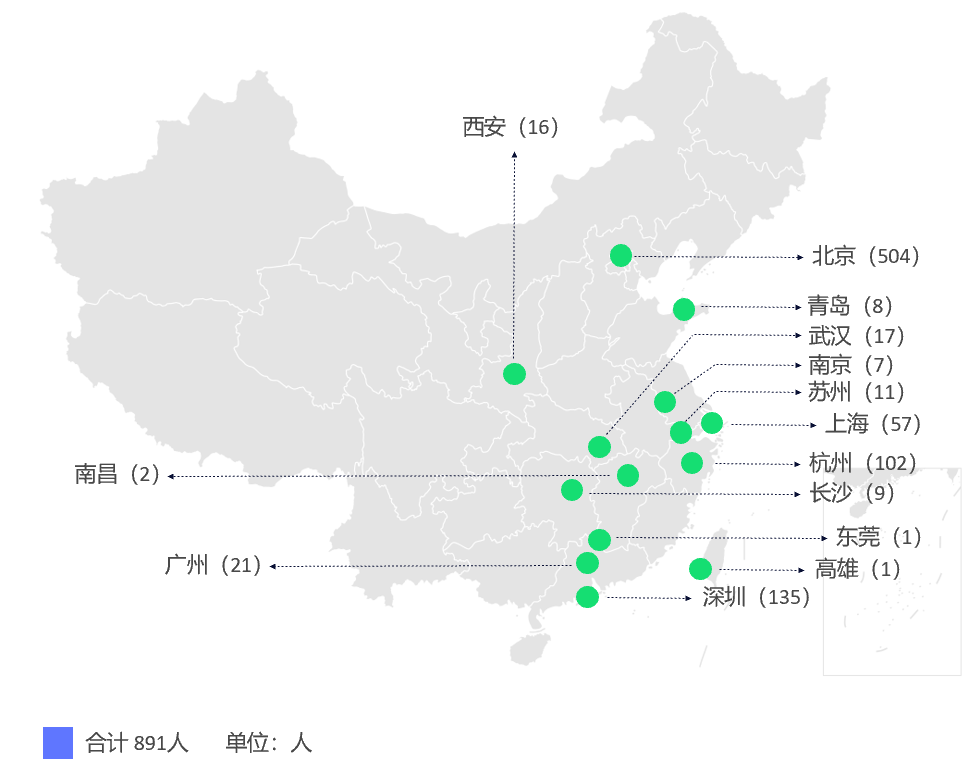
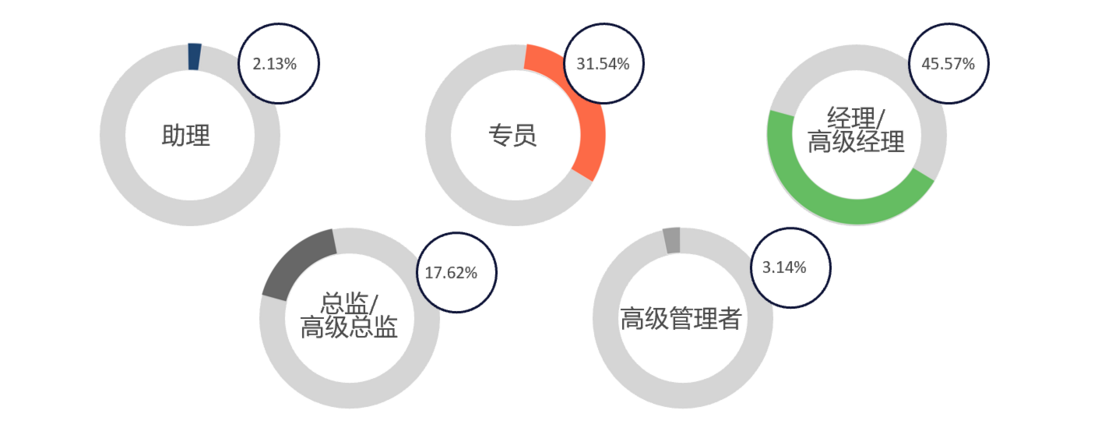
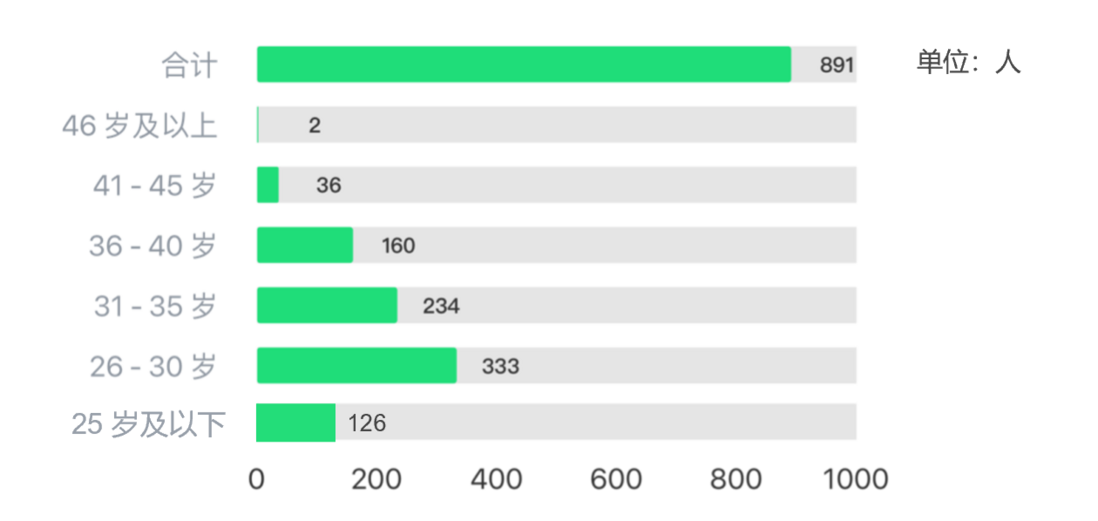
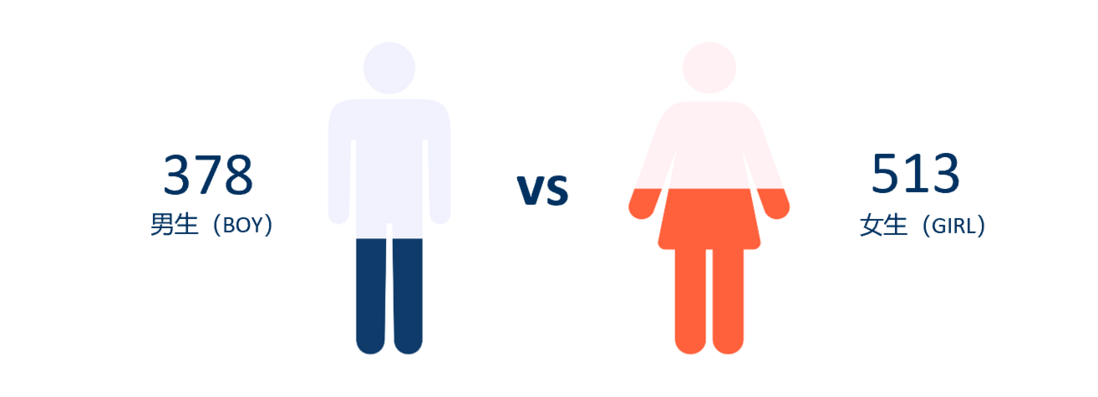
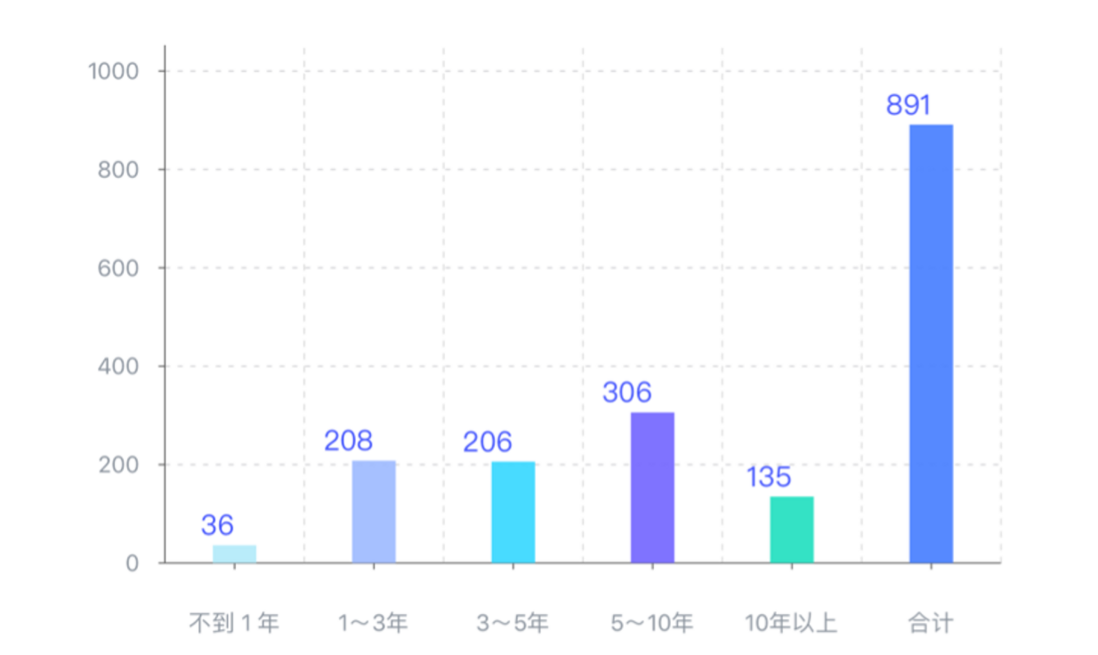
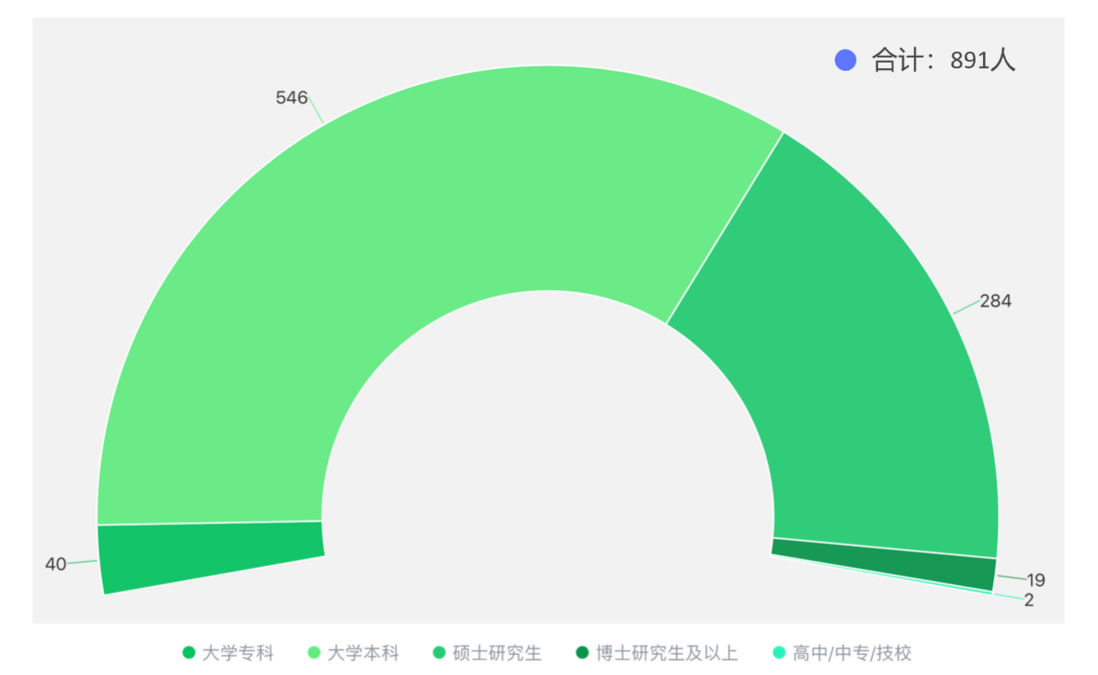

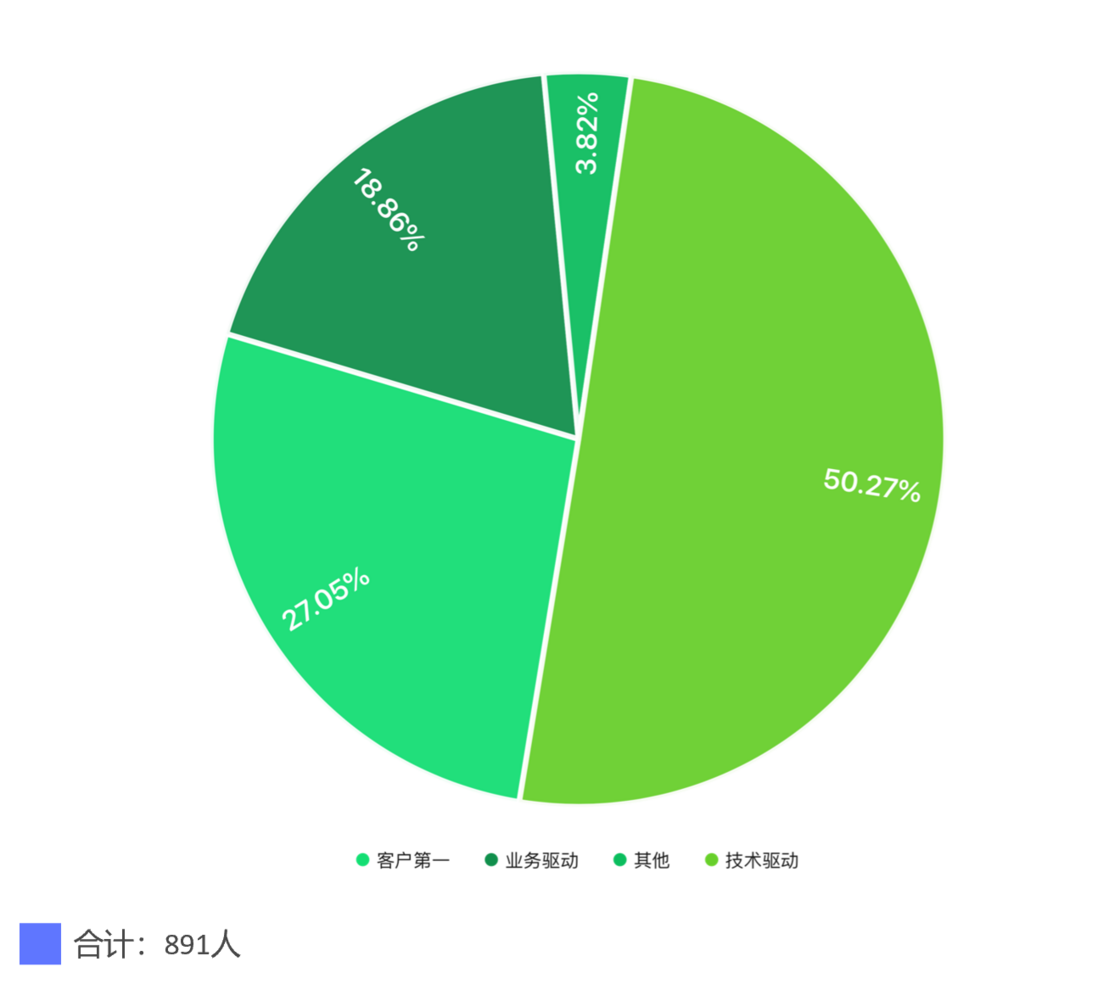



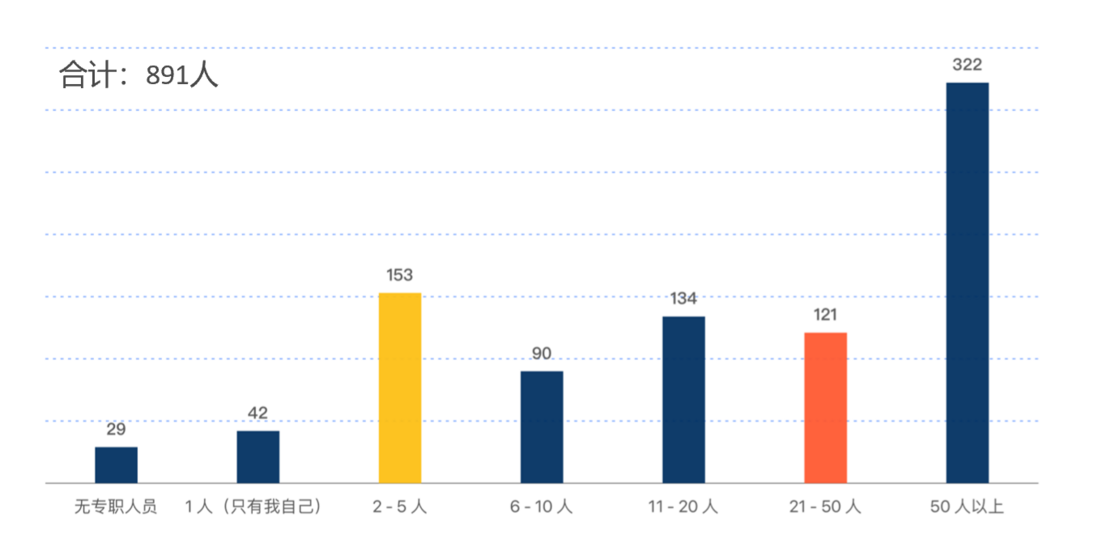

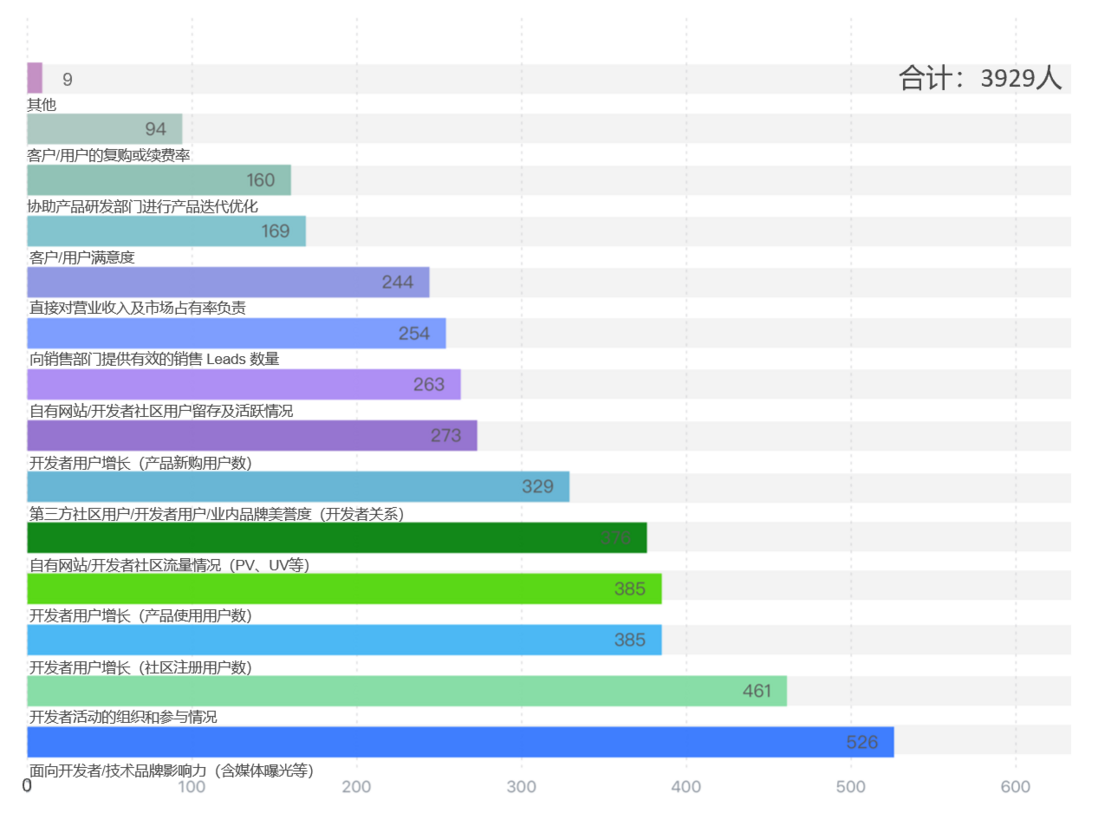
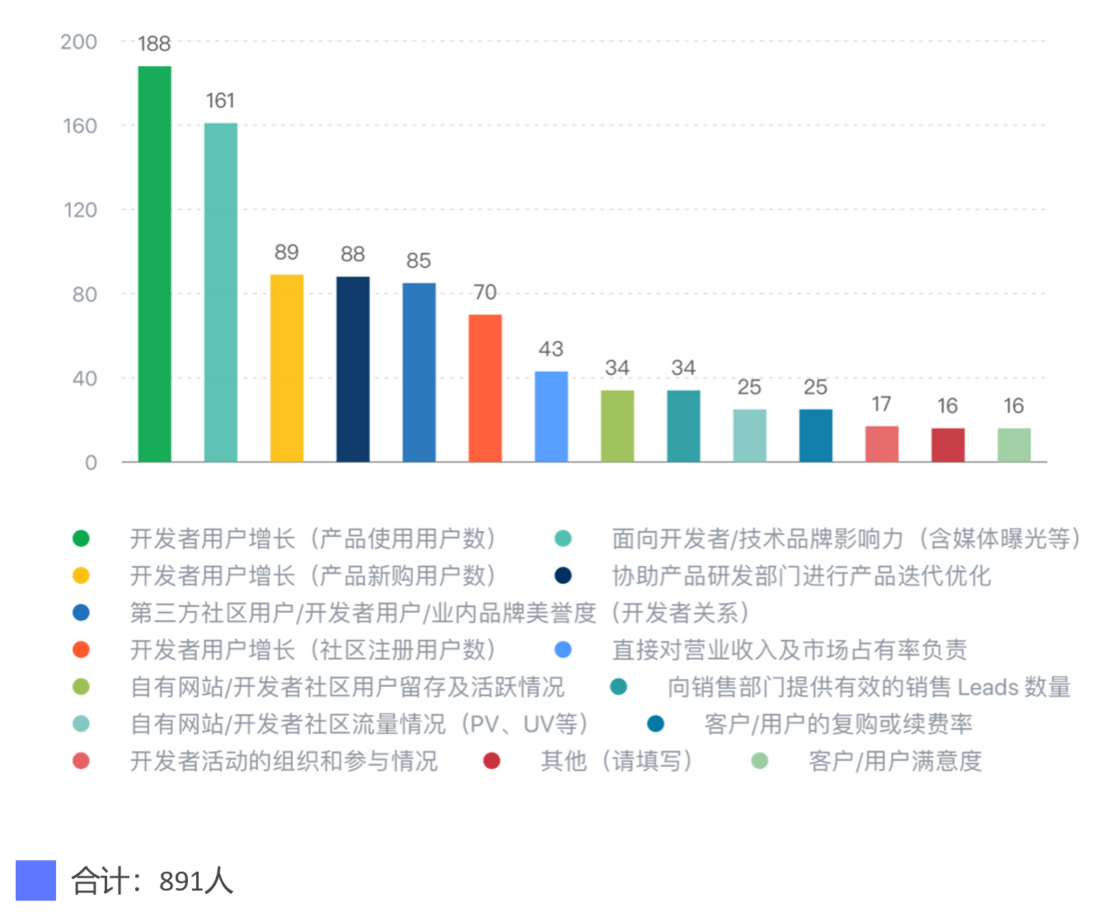


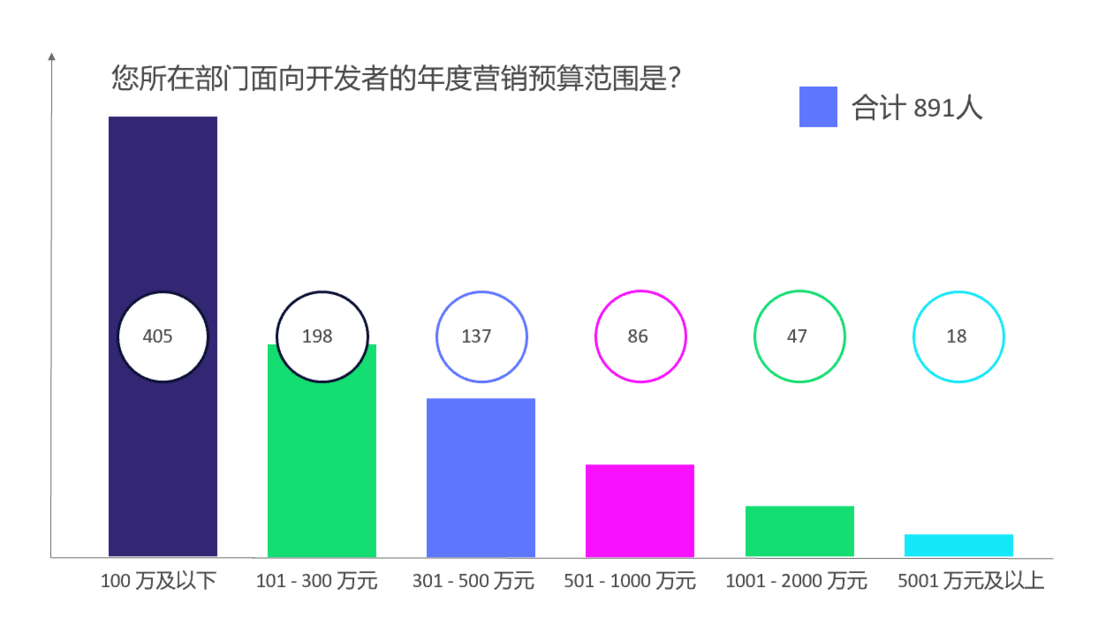
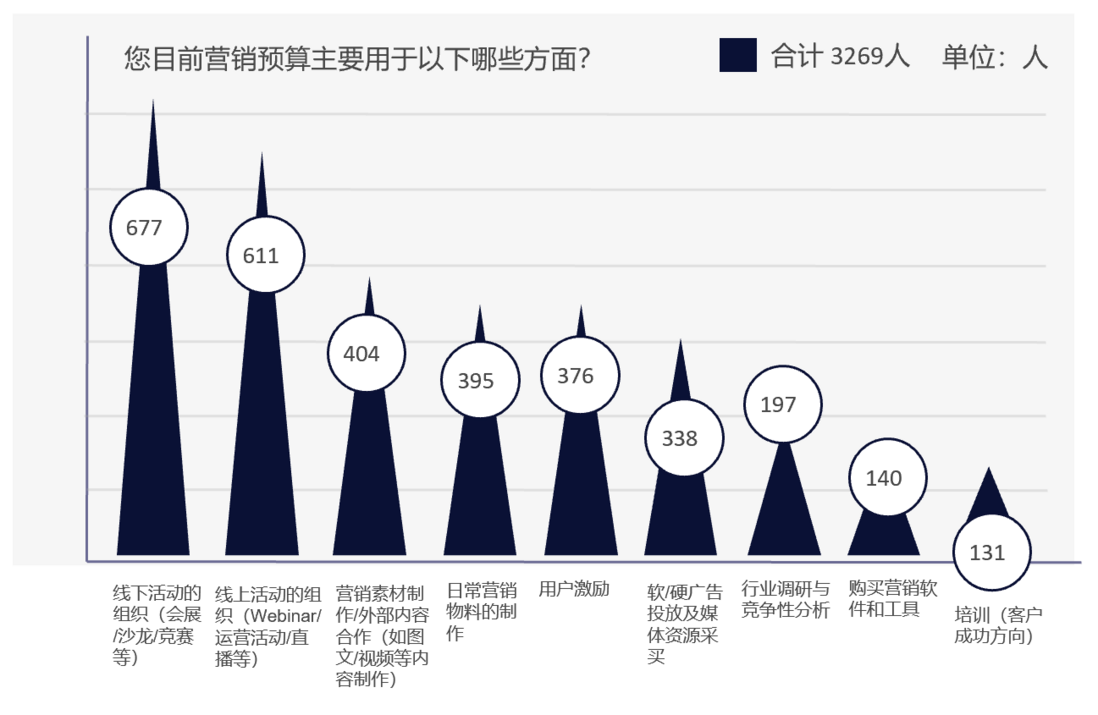


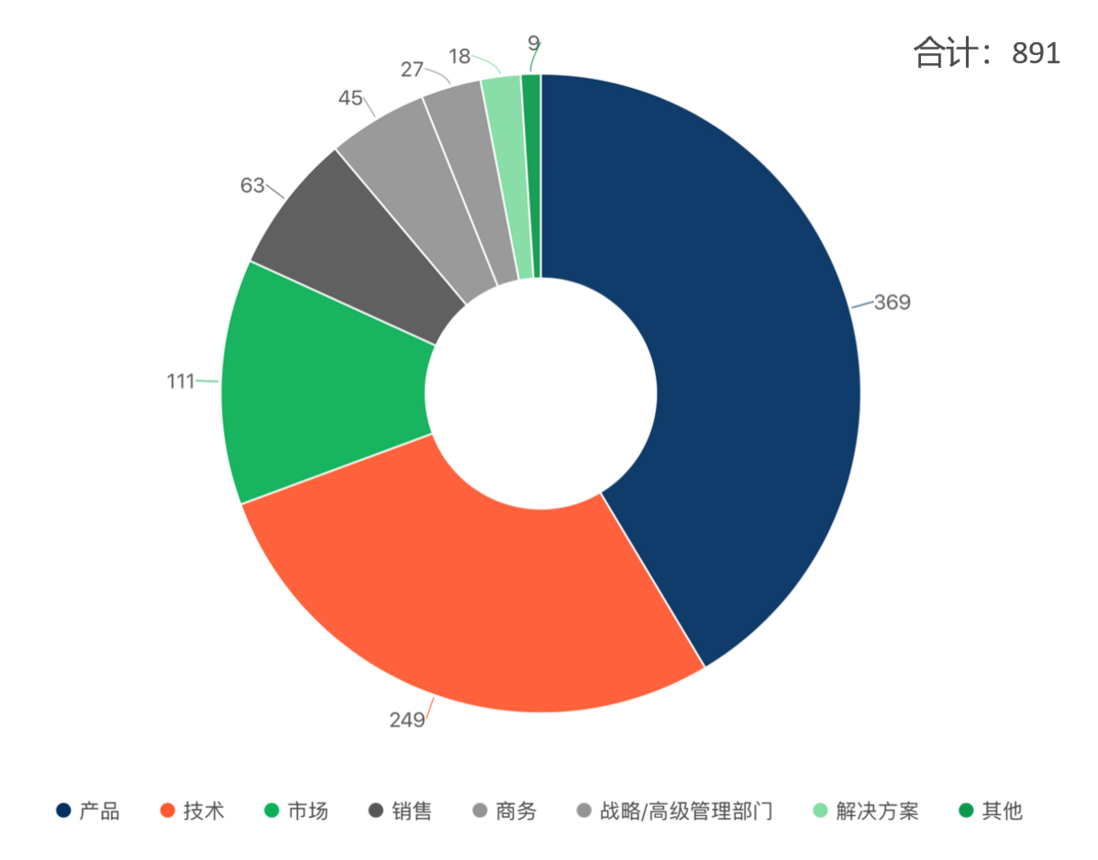
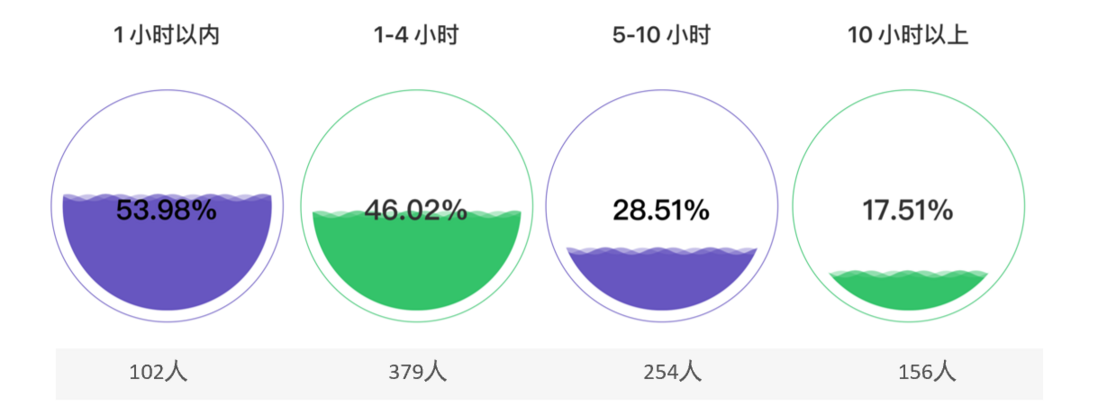
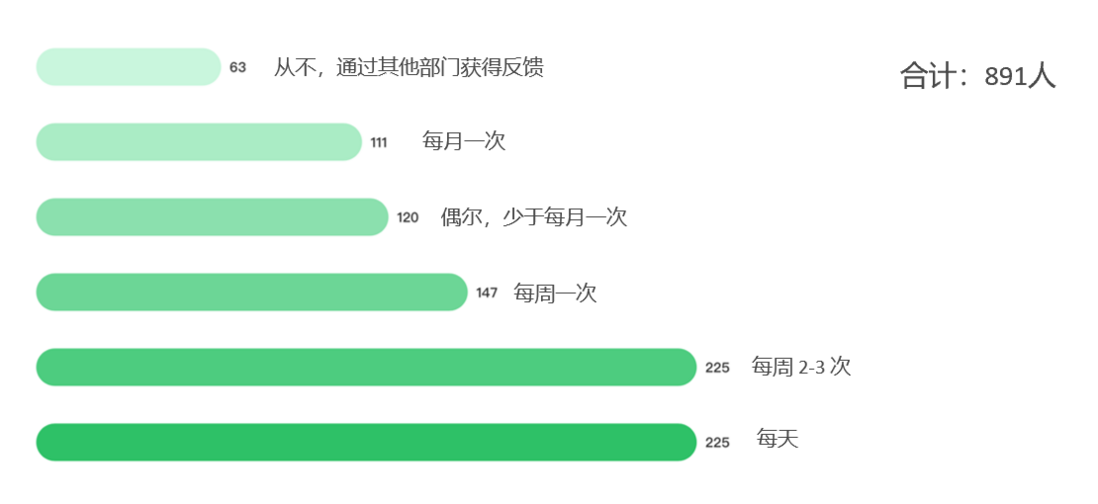

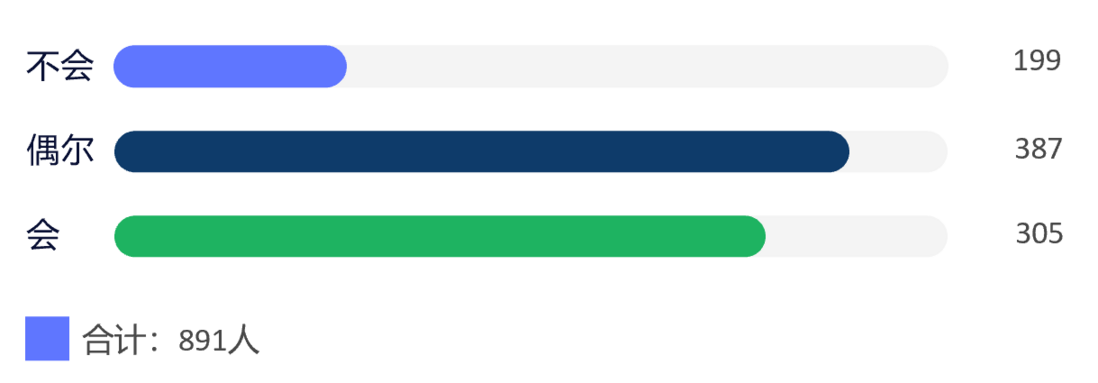








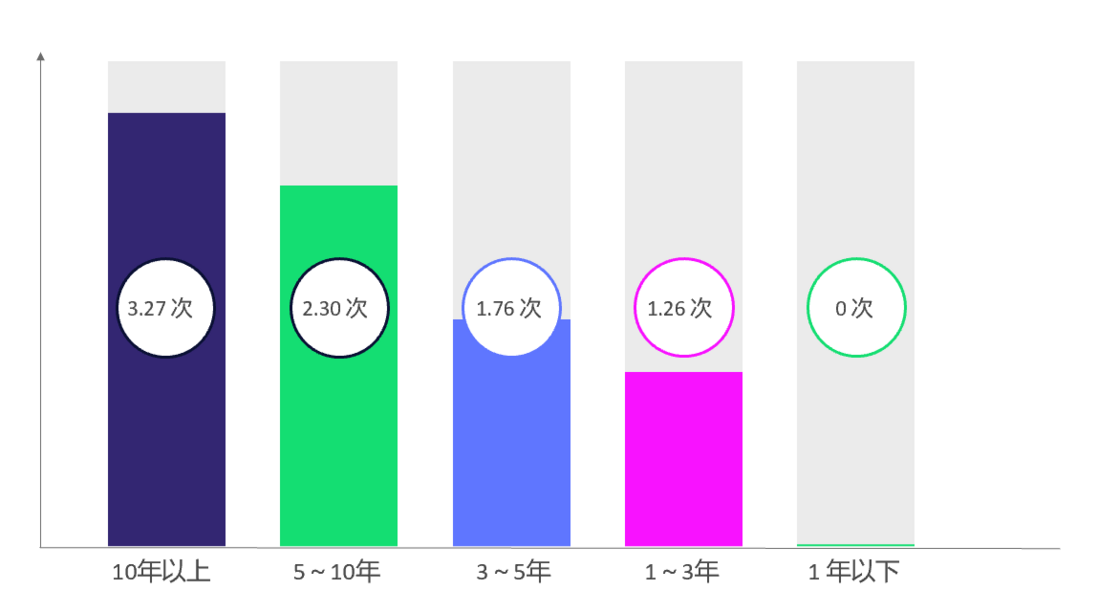

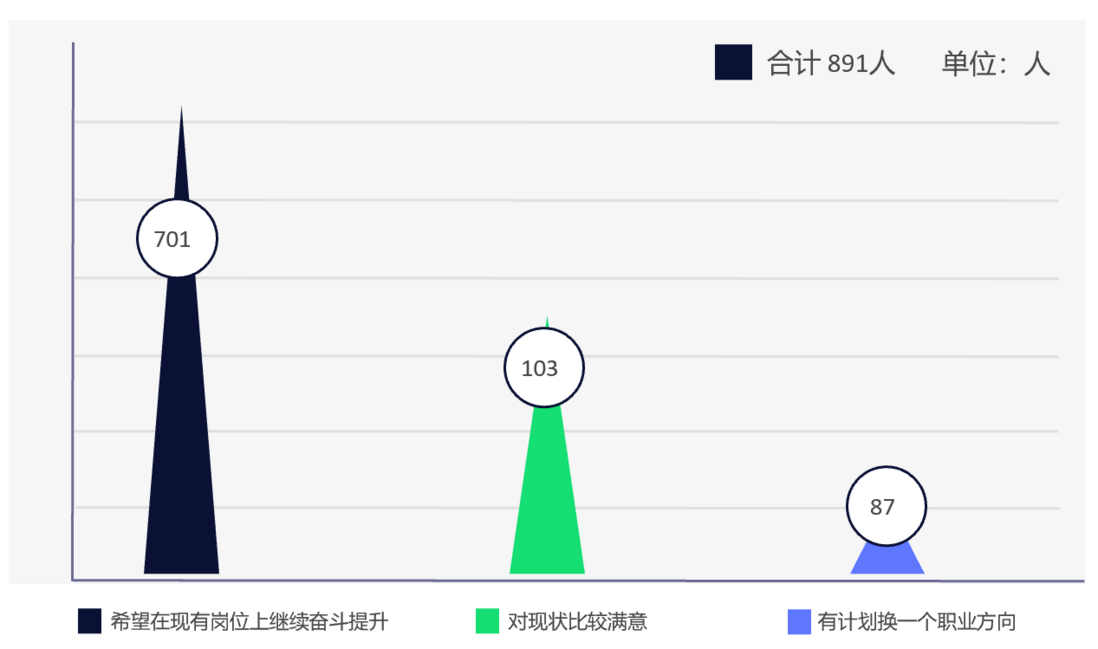

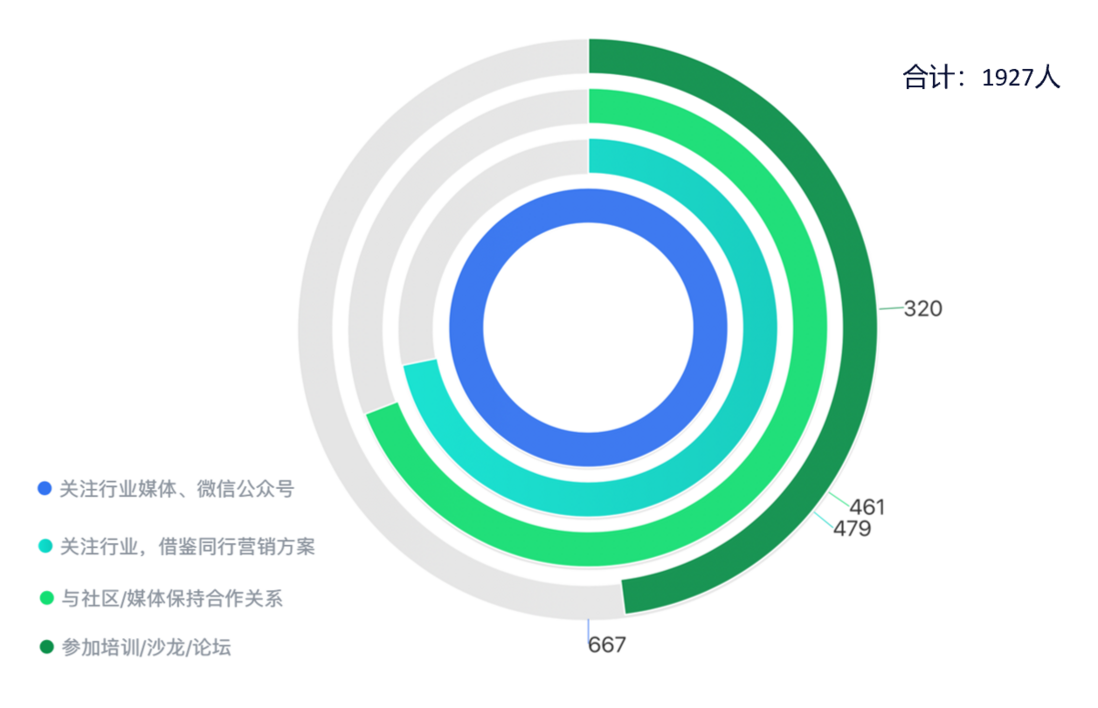
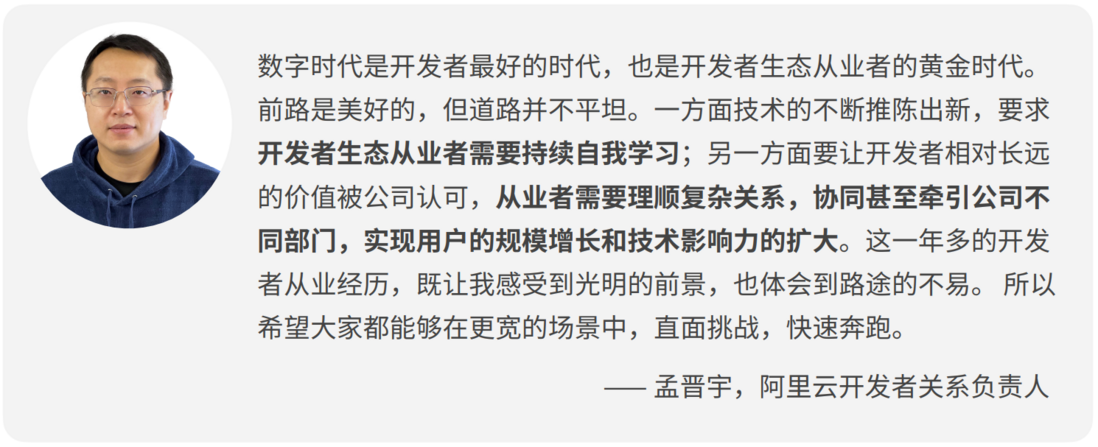










**粗体** _斜体_ [链接](http://example.com) `代码` - 列表 > 引用。你还可以使用@来通知其他用户。